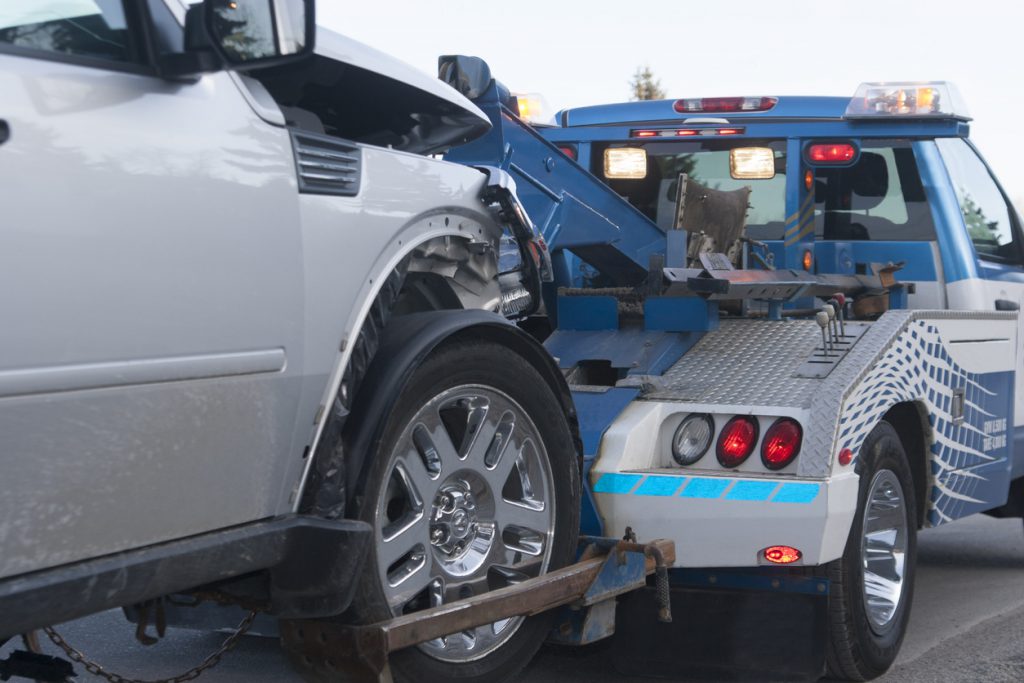Ombudsman’s probe results in the introduction of right to appeal car towing fine

An investigation by the Ombudsman into a complaint by an aggrieved motorist whose vehicle was towed by an enforcement agency, resulted in the introduction to the right of appeal on such contravention.
Details on this case came to light in 2021 Case Notes published by the Ombudsman which outline some of the investigations carried out by this Office during the period under review.
It transpired that when the car had been parked in a road in Sliema there were no parking restrictions. However, two days later this spot was designated as a tow zone area due to some construction works which had to take place. Consequently, the car was towed away and it was only six days later that its owner became aware of what had happened. When the owner went to retrieve the car at the LESA offices in Fgura he was presented with Hobson’s choice – either submit a petition to contest the contravention but pay a daily €15 fee for the vehicle’s storage fee until the case would be heard, or pay the fine and additional costs straight away amounting to €290 (€200 fine and €90 storage fee for six days) to have the car back. It was at this stage when the aggrieved motorist sought redress with the Ombudsman claiming the removal of his car has been done abusively and that the storage costs were unfairly levied on him.
During the course of the investigation it was established that LESA had tried to contact the owner to remove the car at the wrong address. Moreover, it transpired that in such cases registered owners are notified within 10 days of their vehicle being towed, meaning they could incur up to €150 in storage costs. The Ombudsman remarked such practice was unfair as individuals should not be forced to pay for the inefficiency and delays of the public administration.
“It is unreasonable to expect the owner to be denied the use of the vehicle for days or even weeks until the case is heard by the Local Tribunal or for a petition to be decided upon. In both instances registered owners are “constrained” to pay the penalty to secure the release of their vehicle and in so doing lose the remedy provided at law,” the Ombudsman stated.
Hence, the law was unfair and unjust as it effectively denied the vehicles’ owners of an effective remedy, the Office added.
In his decision the Ombudsman ruled that the complainant’s request to be refunded the €200 fine could not be upheld as the removal was not abusive. However, the Office upheld the request for refunding the €90 storage fee saying this charge was incurred as a direct consequence of the inaction by public administration to ensure correct notification of the contravention notice.
On a positive note, this recommendation was taken up and the Home Affairs Minister and LESA took remedial action to speed up the notification procedures for future cases. Moreover, since there was no legal provision yet for the right to appeal such contravention, LESA introduced an internal mechanism to give such opportunity.
Consequently, if a registered vehicle owner showed an interest in appealing such fine, the owner would be directed to submit a written request for consideration. This would then be evaluated by management taking into consideration any evidence submitted by the vehicle’s owner and collected by the community officers. If it transpires that the owner was not at fault the agency would reimburse the owner accordingly.
